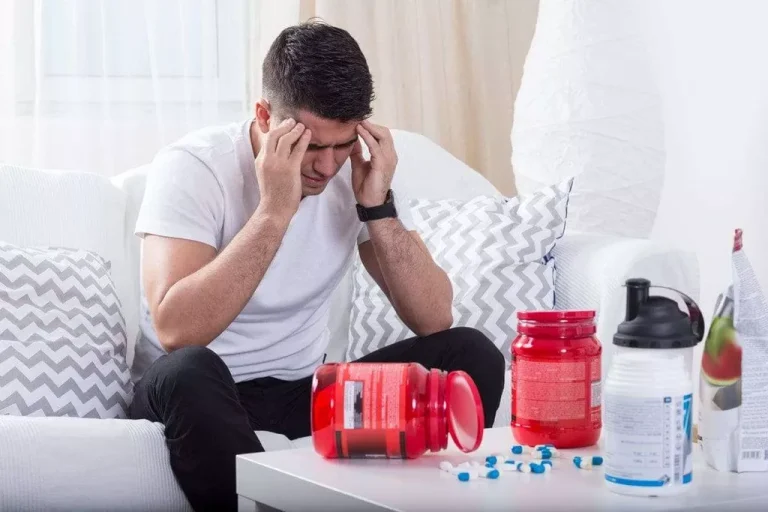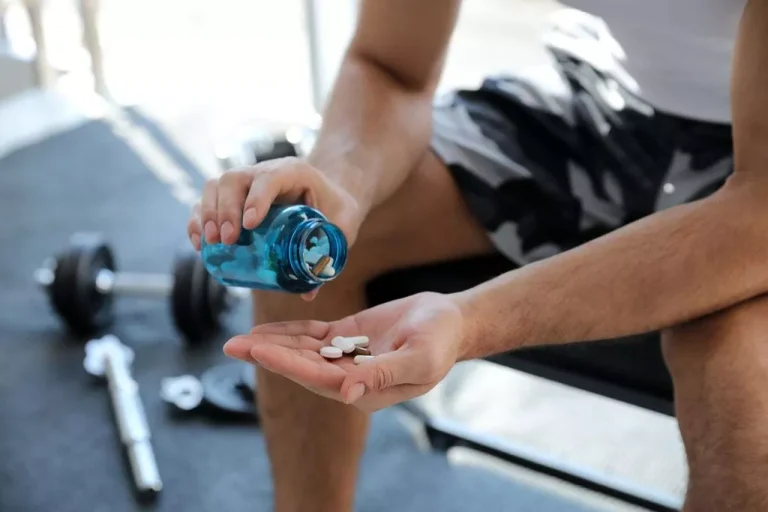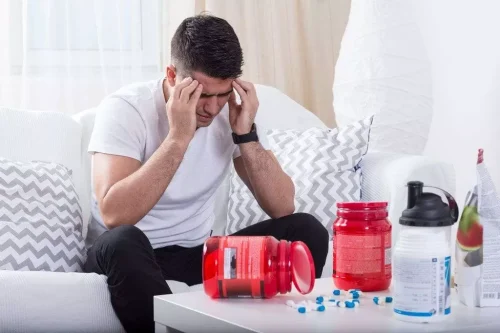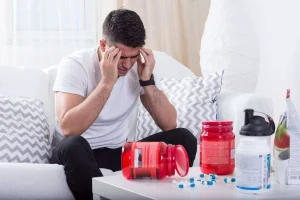
ARLD does not often cause symptoms until it’s reached an advanced stage. If you misuse alcohol, you may have liver damage, even though you have none of the symptoms above. If you’re worried about your drinking habits or bruising, talk to a doctor. They can help you determine whether you have a problem and what to do next. Hence, drinking alcohol makes it harder for your immune system to gear up and mount a defense response against invading pathogens and viruses.
Large Quantities Of Alcohol Consumption
The mental and physical health of alcoholics are rapidly deteriorating at this stage, and unless they seek alcohol rehab, they may drink themselves to death. While every person’s alcohol addiction is unique, alcohol affects people in similar ways. Most people with an alcohol use disorder progress through three typical stages. But some people who drink face a risk of developing this chronic and progressive disease, which affects roughly 1 in every 8 Americans and contributes to about 88,000 deaths annually. « As a result of the manifestation of EDS, individuals that suffer from this genetic disorder are more prone to easy bruising due to their delicate skin tissue and connective tissue disorder. » As you age, your capillaries weaken, becoming more prone to rupture.
- Medications commonly prescribed to older adults, such as blood thinners, also contribute to easy bruising.
- The symptoms will be present from birth and can affect babies and young children.
- They may begin drinking early in the day and plan their day around their drinking.
- Also, tell your provider about any supplements you’re taking — especially if you’re taking them while on a blood-thinning drug.
- While bumping into something while drinking may seem relatively harmless, the truth is that excessive drinking can set you up for serious injuries from falling or other accidents.
Why Do I Bruise So Easily?
When someone develops an alcohol use disorder, they will show signs or symptoms that are characteristic of this condition. But long-term and excessive alcohol consumption can lead to liver inflammation (liver hepatitis). Symptoms of this condition include appetite loss and weight loss.

How is easy bruising diagnosed?
- But if you notice that you’re bruising more easily than usual, or the bruises are larger and are accompanied by other symptoms, it’s best to follow up with a healthcare professional.
- If you’re worried about your drinking habits or bruising, talk to a doctor.
- Most bruises form when small blood vessels (capillaries) near the skin’s surface are broken by the impact of a blow or injury — often on the arms or legs.
- If you’ve noticed any of the above symptoms, you may consider going cold turkey to improve your health.
- When some of these factors are lost or dysfunctional your body will not be able to fix these micro-bleeds and they will turn into bruises.
Collagen is not only helpful for keeping your skin plump and supple, but it’s also responsible for keeping your blood vessels strong. One of the most common bleeding disorders is Von Willebrand Disease, which affects about one percent of the population. For people with Von Willebrand Disease, the Von Willebrand protein, which is important for blood clotting, is either missing or defective. Another bleeding disease that sometimes contributes to bruising is hemophilia. Hemophilia is a rare genetic bleeding disorder that causes the body to be unable to produce one of the specific clotting factors crucial for clotting. Bleeding continues longer after an injury because the blood cannot clotted properly.
- Once a person develops an alcohol use disorder, they will continue to drink, even in the face of serious consequences, such as health problems caused by alcohol.
- Cancer-related bruises tend to appear in odd places, like the torso or hands.
- If you think your increased bruising is a result of your medication, don’t stop taking your medication or change your dosage.
- Type 1 is the mildest, type 2, and type 3 which is the most severe.
- There are more than 100 types of liver disease, according to the American Liver Foundation.
- Drinking too much alcohol may lead to a tingling sensation or numbness in your legs, feet, or hands, known as alcoholic neuropathy.
- In our blood there are tiny particles called clotting factors and platelets; their job is to form clots only when the vessel wall is damaged (when you are wounded).

To determine the cause of easy bruising, your healthcare provider will conduct a physical examination and review your symptoms, medical history, and any medications you are taking. The symptoms of hemophilia can be mild or severe, depending on how much clotting factor is present in the affected person’s blood. Depending on the severity and type of hemophilia, bleeding may occur spontaneously (without injury) or after trauma or surgery. Even if you aren’t experiencing severe health problems like cirrhosis from alcohol, seeking early treatment can prevent an alcohol use disorder from progressing and causing severe complications. If alcohol begins to interfere with daily functioning, but you have been unsuccessful with giving up drinking, seeking treatment can help you to stay committed to recovery.
- As the disease progresses to the middle stage, drinking continues to increase and dependency develops.
- Alcohol is known to be toxic to the liver, and a majority of people who regularly consume 4 or more drinks per day will develop a fatty liver.
- Additionally, heavy drinkers usually get most of their calories from alcohol.
- Sometimes, bruising after drinking occurs because of the fact that alcohol dilates the blood vessels.
In this condition, the body makes too much of a hormone called cortisol. Cushing’s is most often caused by long-term use of corticosteroid medications, but it can also be caused by a tumor. Frequent do you bruise easier when drunk bruises can be a sign of physical abuse, whether in a child or an older person. Either the abuser or the person being abused may say that visible injuries are simply due to easy bruising.

Your skin also thins and loses some of the fat that would otherwise protect your blood vessels from impacts. Some herbs and supplements can cause you to bleed more easily, either when used alone or in combination with other medications. It’s possible that this can cause you to bruise more easily as a result of platelet function and other changes. With mastocytosis, too many mast cells (a type of white blood cell) grow in the body. The main types include systemic conditions that affect the body, and cutaneous conditions that affect only the skin. In many cases, people with alcohol-related liver disease (ARLD) do not have any noticeable symptoms until their liver is badly damaged.
Age and genetic factors
Some people are born with low levels of important factors that help the blood clot when it Substance abuse needs to control bleeding. If you notice that you have increased bruising, do not stop taking your medications. Most of us get bruises from bumping into objects from time to time.

Genetic conditions that cause you to bruise easily are often diagnosed with blood tests. In addition to easy bruising, bleeding disorders can cause frequent nosebleeds, heavy periods, and bleeding that does not stop after 10 minutes. « Weak collagen causes the blood vessel walls to break more easily, causing easy bruising, » Kouri says. Vitamin K plays an important role in blood clotting, so a vitamin K deficiency can also contribute to bruising.